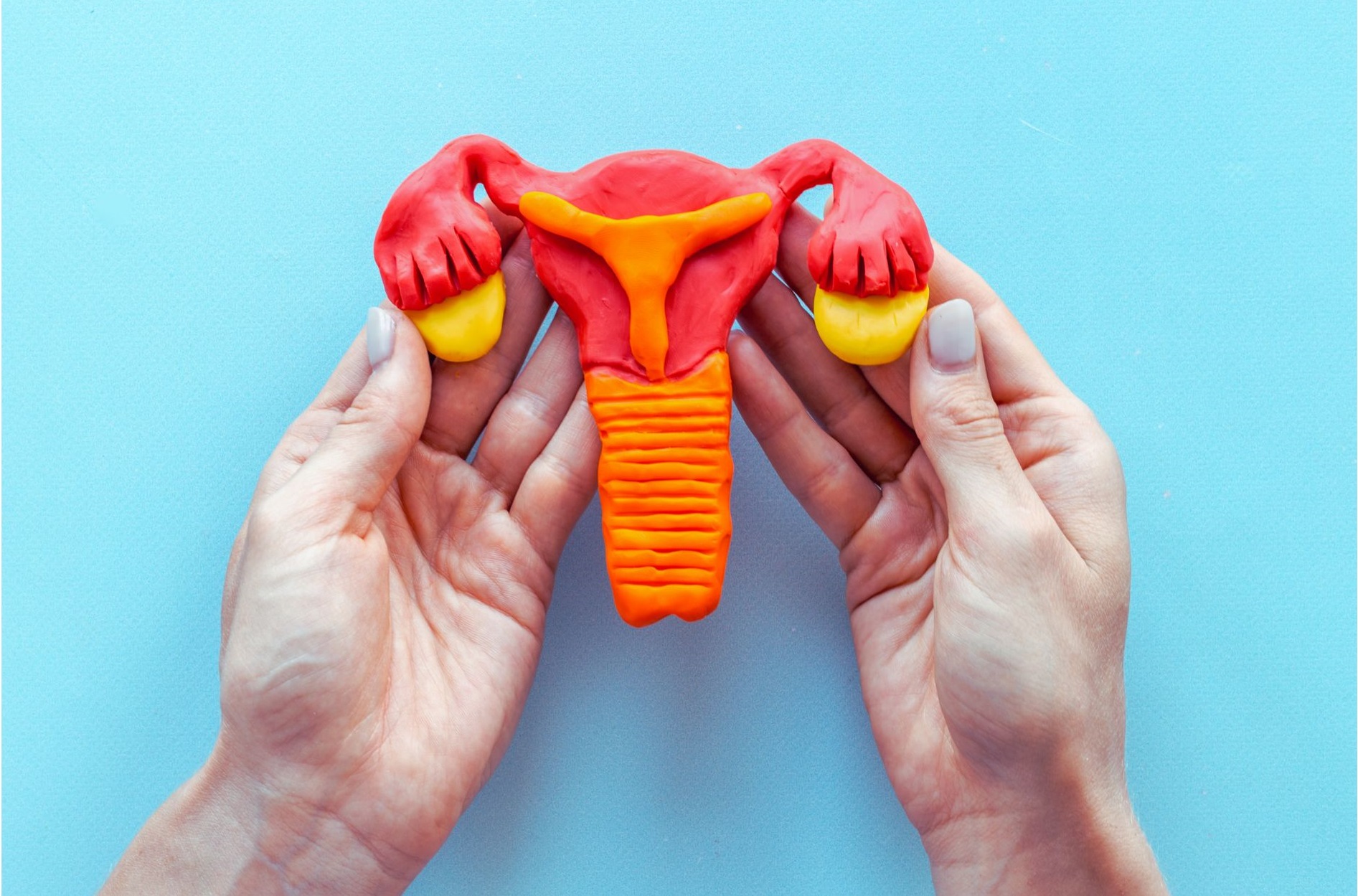
How Women with PCOS Can Lower Their Risk of Diabetes
Polycystic Ovary Syndrome (PCOS) is a common hormonal disorder affecting women of reproductive age. It is characterised by a combination of symptoms such as irregular menstrual cycles, excess androgen levels (which can lead to acne, hirsutism, or male-pattern baldness), and polycystic ovaries (enlarged ovaries containing multiple small cysts). PCOS can also cause insulin resistance, which may increase the risk of type 2 diabetes and other health issues.
In Singapore, PCOS is a significant health concern. Data from the World Health Organization (WHO) suggests that approximately 116 million women (3.4 per cent) are affected by PCOS globally and around 10 to 15 percent of women in Singapore have this condition. This means that thousands of women in Singapore are living with PCOS and may be at risk for associated complications such as diabetes, cardiovascular disease, and fertility issues.
Efforts to raise awareness and improve management strategies for PCOS are essential in addressing this prevalent condition and helping affected women lead healthier lives.

PCOS and diabetes share a complex and intertwined relationship. To shed light on strategies for reducing diabetes risk among PCOS patients, here are recommendations for managing PCOS and minimising the risk of type 2 diabetes:
- Achieve and Maintain a Healthy Weight
For women with PCOS, managing weight is crucial for reducing diabetes risk. Even a modest weight loss of 5% can significantly enhance insulin sensitivity and lower the likelihood of developing type 2 diabetes. Adopting a balanced diet that emphasises fruits, vegetables, whole grains, lean proteins, and healthy fats while avoiding processed foods, sugars, and refined carbs is beneficial. - Engage in Regular Physical Activity
Regular exercise is key to improving insulin sensitivity and controlling weight. Aim for at least 150 minutes of moderate-intensity aerobic activity, such as brisk walking, or 75 minutes of vigorous exercise, like running, each week. Staying active can also help manage weight and reduce diabetes risk.
- Monitor Blood Sugar Levels
Women with PCOS, particularly those who are overweight or have a family history of diabetes, should keep a close eye on their blood sugar levels. Regular monitoring can help identify early signs of insulin resistance or prediabetes, allowing for timely intervention. - Avoid Smoking and Limit Alcohol Intake
Both smoking and excessive alcohol consumption can worsen insulin resistance and elevate the risk of diabetes. Quitting smoking and moderating alcohol intake are important steps in managing PCOS and reducing diabetes risk.
By incorporating these strategies, women with PCOS can take proactive steps to manage their condition and lower their risk of developing type 2 diabetes. For those seeking additional support, innovative solutions like BUZUD’s CGMS can offer valuable assistance in monitoring and managing blood sugar levels effectively, enhancing overall health and well-being.
DISCLAIMER
All information presented herein serves as a general guideline, and is not intended as dispensing any medical advice(s). User(s) should consult their doctor to seek further clarification for any doubt. It is recommended to refer to this guide with sole discretion, thereby we shall not be held responsible for any part of the information as presented.
REimagined Healthcare with BUZUD Care Experience at:
585 North Bridge Road, #01-02 Raffles Hospital, Singapore 188770
Call: +65 6518 9959 or Email: customercare@BUZUD.com
No Comments
Leave a Reply
You must be logged in to post a comment.
